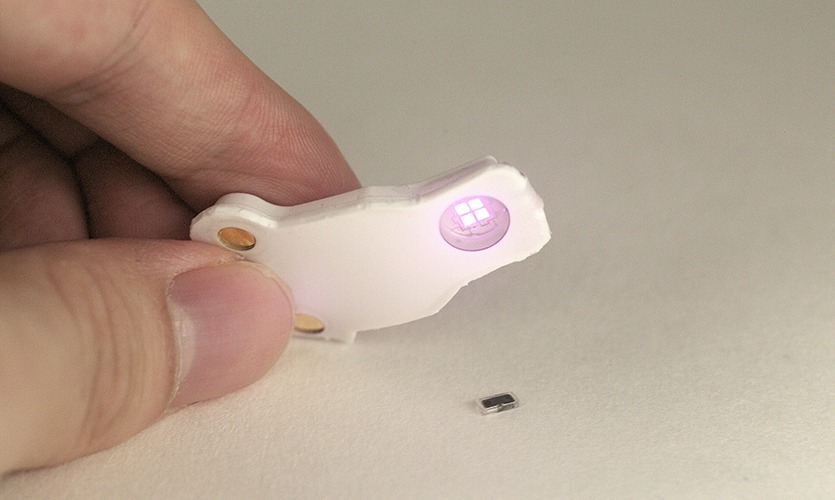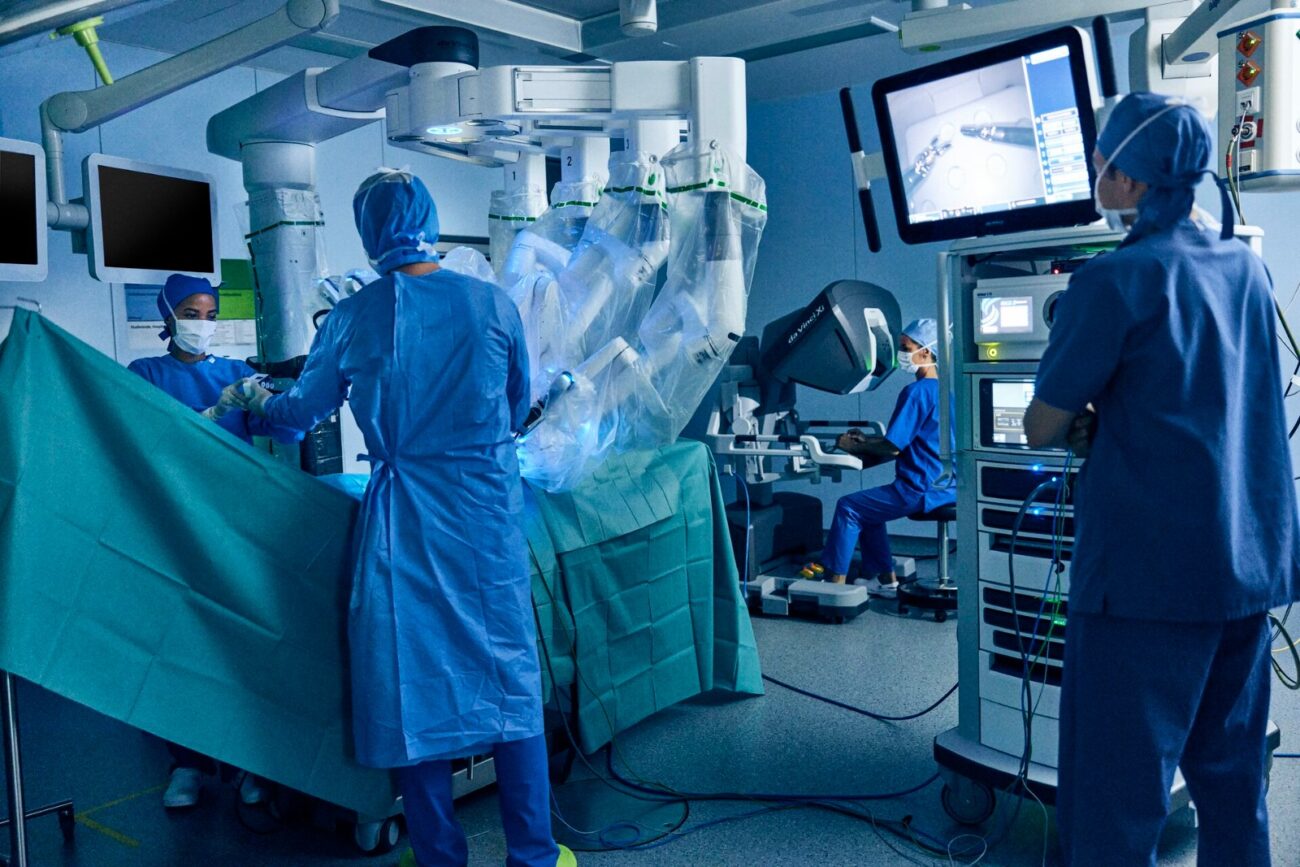Revolutionizing Healthcare: Bioengineers Develop ‘Smart Cells’ for Early Autoimmune Disease Detection
Bioengineers at Rice University have achieved a significant milestone in synthetic biology by creating a versatile construction kit for engineering custom sense-and-respond circuits within human cells. This pioneering research, detailed in the journal Science, holds

Bioengineers at Rice University have achieved a significant milestone in synthetic biology by creating a versatile construction kit for engineering custom sense-and-respond circuits within human cells. This pioneering research, detailed in the journal Science, holds the potential to transform treatments for complex conditions, including autoimmune diseases and cancer.
Innovative Cellular Circuitry: A New Frontier
The team’s approach centers on phosphorylation—a natural cellular process involving the addition of a phosphate group to a protein, crucial for converting external signals into intracellular actions such as movement, secretion, pathogen response, or gene expression. By treating each cycle in phosphorylation cascades as an elementary unit, the researchers have constructed novel pathways that link cellular inputs to outputs, enabling the design of programmable circuits capable of rapid and precise responses to physiological events.
Implications for Autoimmune Disease Detection and Treatment
This advancement enables the development of ‘smart cells’ that can detect specific disease indicators, such as inflammatory factors, and initiate tailored therapeutic responses. The rapid response time of these synthetic circuits, occurring within seconds or minutes, contrasts with previous designs that required hours, offering a promising avenue for early detection and intervention in autoimmune diseases.
Expert Insights
Xiaoyu Yang, lead author and graduate student in the Systems, Synthetic, and Physical Biology Ph.D. program at Rice, remarked, “This work brings us a whole lot closer to being able to build ‘smart cells’ that can detect signs of disease and immediately release customizable treatments in response.”
Caleb Bashor, assistant professor of bioengineering and biosciences and corresponding author, emphasized the translational potential: “Our research proves that it is possible to build programmable circuits in human cells that respond to signals quickly and accurately.”
Future Prospects
The modular nature of this construction kit offers a foundational tool for synthetic biology, with potential applications extending beyond autoimmune diseases to include various therapeutic areas requiring precise cellular responses. As the field progresses, this innovation may lead to more effective and personalized treatments, enhancing patient outcomes and advancing healthcare technology.






